Impunity is stalling all peace efforts in Sudan. Can it end?
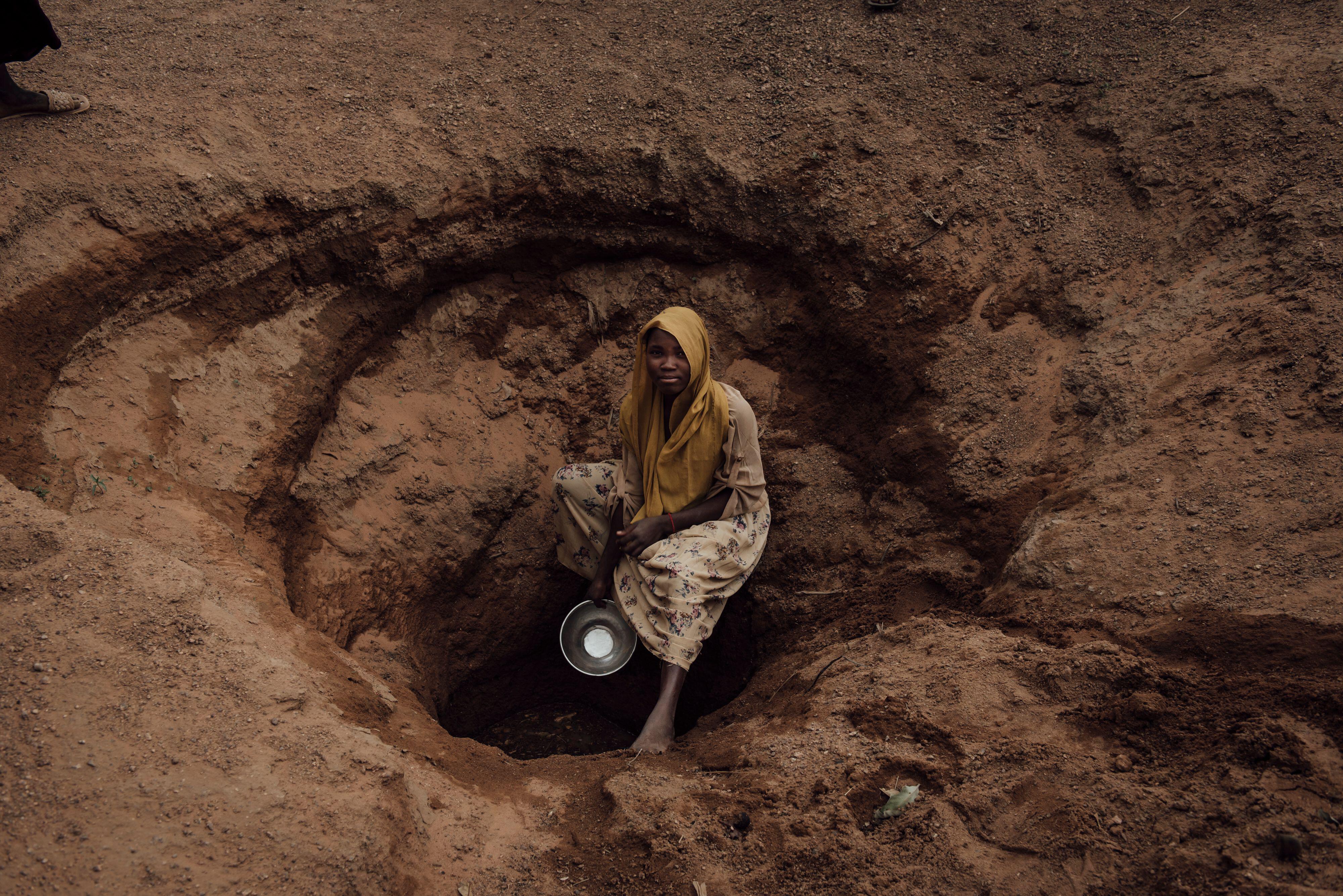
The war in Sudan has led to the world’s biggest humanitarian crisis. Impunity for war crimes has so far prevailed. It will be difficult to bring those responsible to justice.
“The crisis in Sudan is a tragedy that appears to have slipped into the fog of global amnesia,” UN High Commissioner for Human Rights Volker Türk told the UN Human Rights Council in Geneva last spring.
He was speaking just one year after a war broke out in the African country between the Sudanese army and the paramilitary army Rapid Support Forces RSF. Both warring parties have killed thousands and created a climate of terror displacing millions, he said, adding that medical supplies and humanitarian aid had been blocked for those refusing to leave their homes.
Sudan is now experiencing the world’s biggest humanitarian crisis. Over the past 16 months ten million people have been displaced, 25 million are suffering from hunger and one million people are at risk of starvation.
No one has yet been put on trial for the war and humanitarian crimes, which include documented sexual violence, torture and arbitrary detention.
Experts say accountability will be long, with conflict of interests among the warring parties’ allies hindering peace talks. Meanwhile both armies have no lack of weapons with supplies coming from all around the world.
“The complete impunity for war crimes in Sudan has meant that warlords, militia leaders and generals have long got away with murder,” Jan Egeland, secretary-general of the Norwegian Refugee Council and former UN under-secretary-general for humanitarian affairs, told SWI swissinfo.ch.
Two generals and a genocide unpunished
At the centre of the war, which began in April 2023, are two generals and former allies fighting for power and the country’s resources, which includes gold and oil. Abdelfattah Burhan, the de facto head of state, is in command of the regular army (SAF). In October 2021, he staged a coup with the support of his deputy and leader of the RSF, Mohamed Hamdan Dagalo, alias Hemedti.
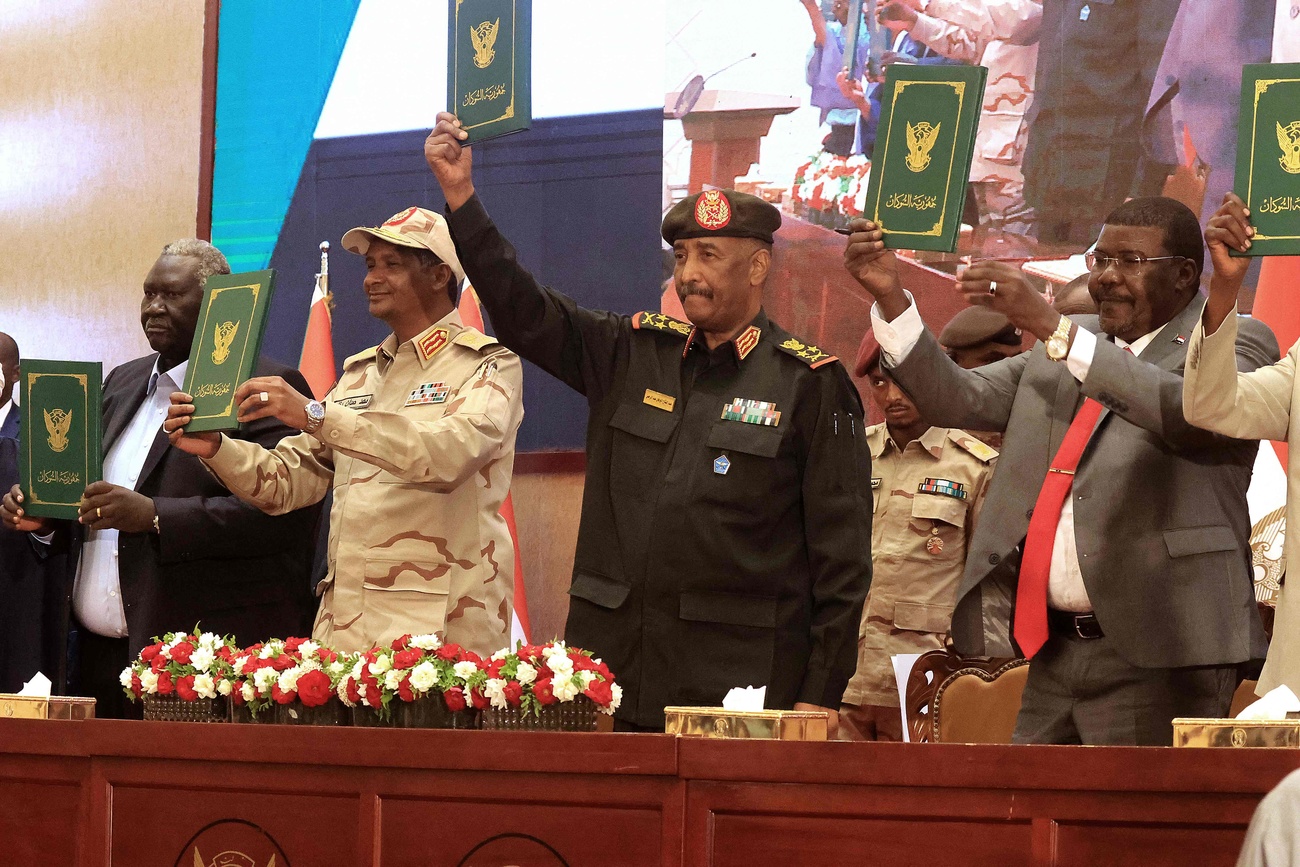
All civilians were then removed from the transitional government installed two years earlier following a popular uprising and the ousting of dictator Omar al-Bashir.
Burhan and Hemedti already played a key role in fighting the rebels from 2003 until 2005 in the civil war in the western Darfur region of Sudan. Burhan was then the head of the Sudanese army in Darfur. Hemedti was commander of one of the Janjaweed militias deployed by the government to fight the rebels.
With 300,000 dead, Darfur has been described as the first genocide of the 21st century, with the Janjaweed accused by members of the international community of ethnic cleansing and the use of mass rape as a weapon of war.
Hemedti and members of his militia were never put on trial. He now sits on top of a huge business empire, including interests in gold mines. Burhan and Hemedti have not been charged by the International Criminal Court (ICC).
In March 2009 the ICC issued an arrest warrant against the then-president Omar al-Bashir for war crimes and crimes against humanity and in July 2010 an arrest warrant for genocide. “The army and RSF have consistently acted with impunity, so negotiations aimed at bringing much-needed peace, security and dignity to the Sudanese people have continued to stall,” Türk told the Human Rights Council.
The latest international talks with the two warring parties took place over ten days from mid-August under the leadership of the United States in the Geneva region. Switzerland co-hosted the meeting alongside Saudi Arabia, Egypt, the United Arab Emirates (UAE), the African Union and the UN. The Sudanese army did not attend in person,but took part virtually from Cairo. The Geneva talks initially focused on the delivery of humanitarian aid. It’s still too early to say if the talks will actually lead to adequate humanitarian aid access.
Illimited arms supply
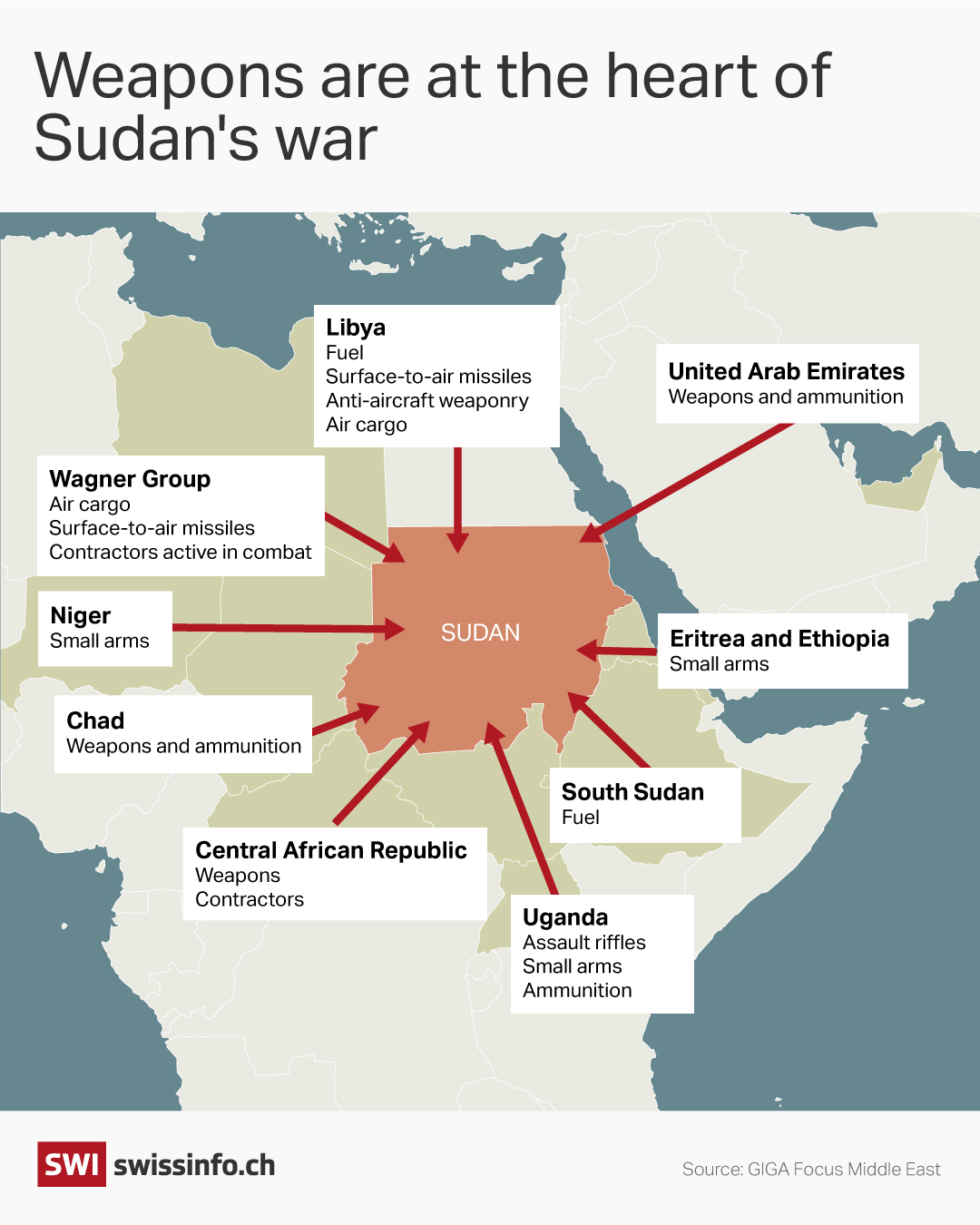
“As in all war zones – from Gaza to Myanmar and Ukraine – the reason for continued impunity is that those who have influence, those who supply weapons and those who add fuel to the fire focus only on the atrocities of ‘the other side’ and not on what their allies are doing,” Egeland says. Like other conflicts, the one in Sudan is exacerbated by interference that is often covert.
Both the SAF and RSF have a large supply of weapons at their disposal and receive financial, political and military support from other countries including the UAE, China, Russia, Serbia, Turkey and Yemen.
In a report published in January, experts commissioned by the UN Security Council denounced violations of the arms embargo on Darfur, which has been in force since 2004. They referred to several countries, including the UAE, which were accused of sending weapons to the RSF paramilitaries. Abu Dhabi, the UAE capital, denies these allegations.
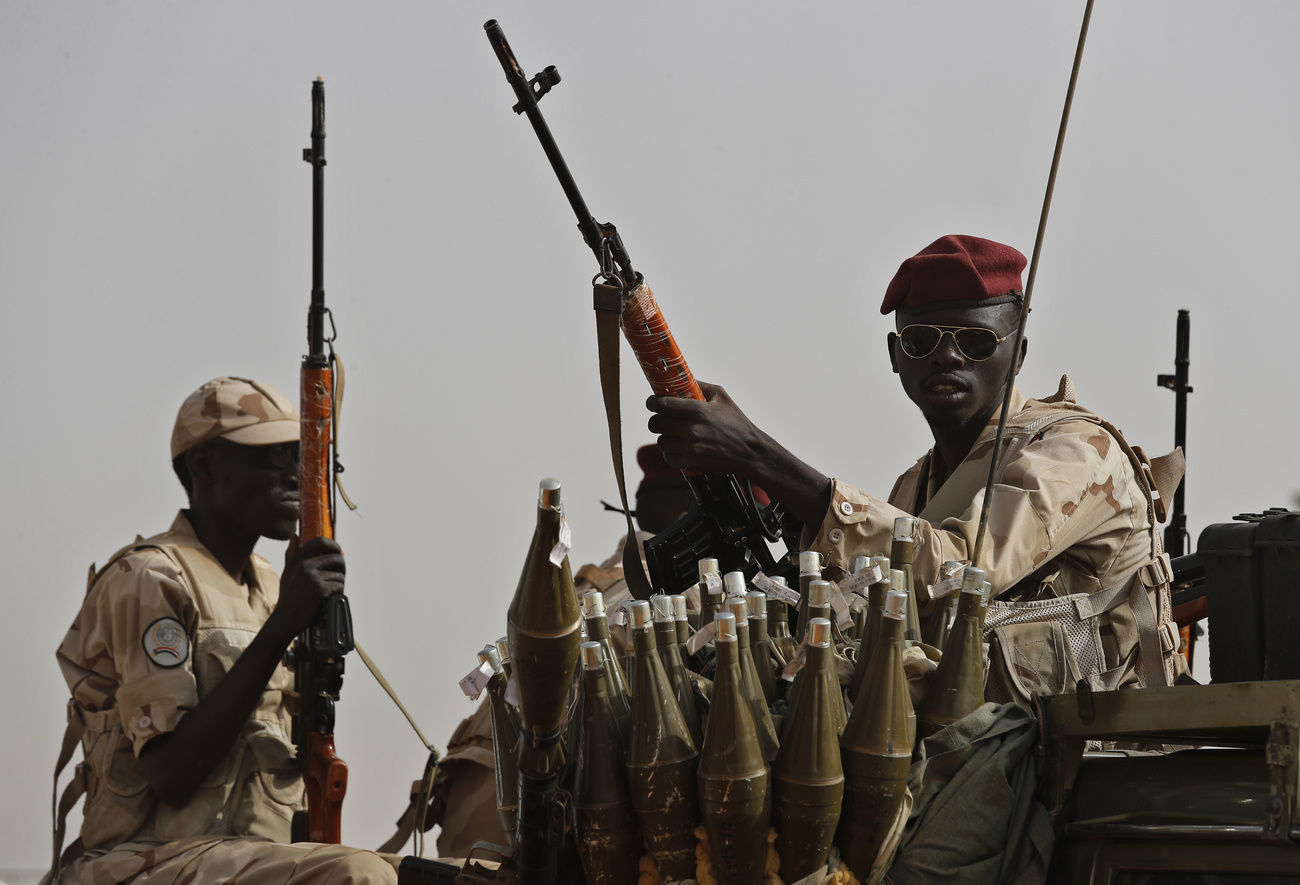
In an interview with news agency AFP in mid-August, Jalel Harchaoui, a researcher at the British Royal United Services Institute, said that until July 2023 Egypt, which is politically aligned with the UAE, had been the most important supporter of Sudan’s army.
Harchaoui also mentioned that Iran had been selling drones to the Sudanese army since 2023.
Russia initially supported the RSF through its paramilitary group Wagner. It has now reoriented its military support towards the Sudanese army in exchange for a naval base on the Red Sea.
The strongman in eastern Libya, Marshal Khalifa Haftar, who is also supported by the UAE, has facilitated generous supplies of fuel and weapons to the RSF, Harchaoui added.
In the past, the RSF was also indirectly supported by the European Union and thus strengthened: in order to combat irregular migration from the Horn of Africa region via Sudan and Libya to Europe, the EU financed a “Better Migration Management” programme with €40 million (CHF37.5 million) from 2016 to 2019 as part of what is called the “Khartoum Process”. Sixteen countries took part, including Sudan. Hemedti’s RSF was tasked with border controls.
International justice?
Meanwhile, in early August, the chief prosecutor of the ICC called on the UN Security Council to look for “imaginative ways” to end the spiralling violence in Sudan. “Terror has become a common currency,” he said at the council’s biannual briefing.
The US representative pointed out that the Security Council had witnessed similar atrocities two decades ago. The fact that some of the same actors were once more victimising vulnerable people was possible because the perpetrators were never brought to justice 20 years ago, he said. He also called for external actors to stop supporting the warring parties.
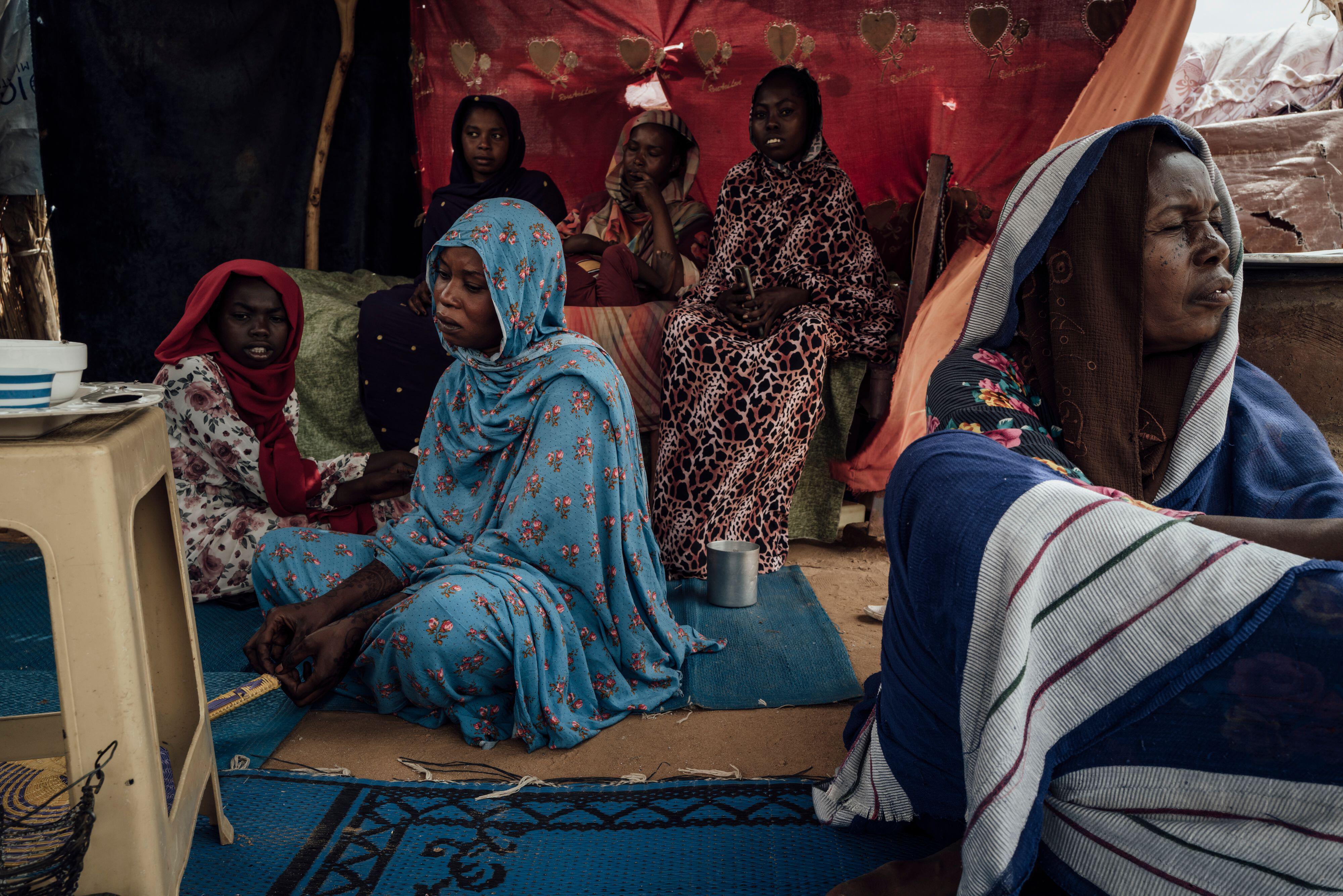
To hold perpetrators accountable and collect evidence of crimes, the UN Human Rights Council in Geneva established a fact-finding mission for one year in October 2023. Sudan rejected the mission on the grounds that the country already has a national commission of inquiry. However, this investigates only violations by the RSF. The RSF has agreed to cooperate with the UN mission.
The work of the fact-finding mission was initially delayed owing to a lack of funds from the UN and lack of access to victims in Sudan. Between January and August it was able to meet victims and witnesses in Chad, Kenya and Uganda and have access to first-hand testimony from 182 survivors and witnesses of human right violations, the head of the mission, Mohamed Chande Othman, told the press when the report was published at the beginning of September.
The mission also consulted Sudanese human rights defenders and experts on children’s rights and gender-based sexual violence, he said. According to the report, the warring parties have carried out airstrikes and shelling against civilians and have targeted civilians through rape, arbitrary detention, as well as torture.
“Given the failure of the warring parties to spare civilians, it is imperative that an independent and impartial force with a mandate to safeguard civilians be deployed without delay,” Othman said. The report recommends also expanding the existing arms embargo in Darfur to all Sudan to stem the supply of weapons.
The report also requires that the ICC’s jurisdiction stemming from a Security Council resolution dating to 2005 concerning the situation in Darfur be expanded to cover all of Sudan and calls for the establishment of a separate international judicial mechanism working in tandem and complementary to the ICC.
“Sustainable peace is achievable only if there is truth, reparations and accountability of some shape and form for all the communities that are hurting,” Egeland says.How this is organised should be the task of the UN and the African Union, he says, adding that Sudan’s neighbours as well as the regional and international powers must support this process for justice.
Edited by Virginie Mangin/ts
Picture research by Helen James

In compliance with the JTI standards
More: SWI swissinfo.ch certified by the Journalism Trust Initiative









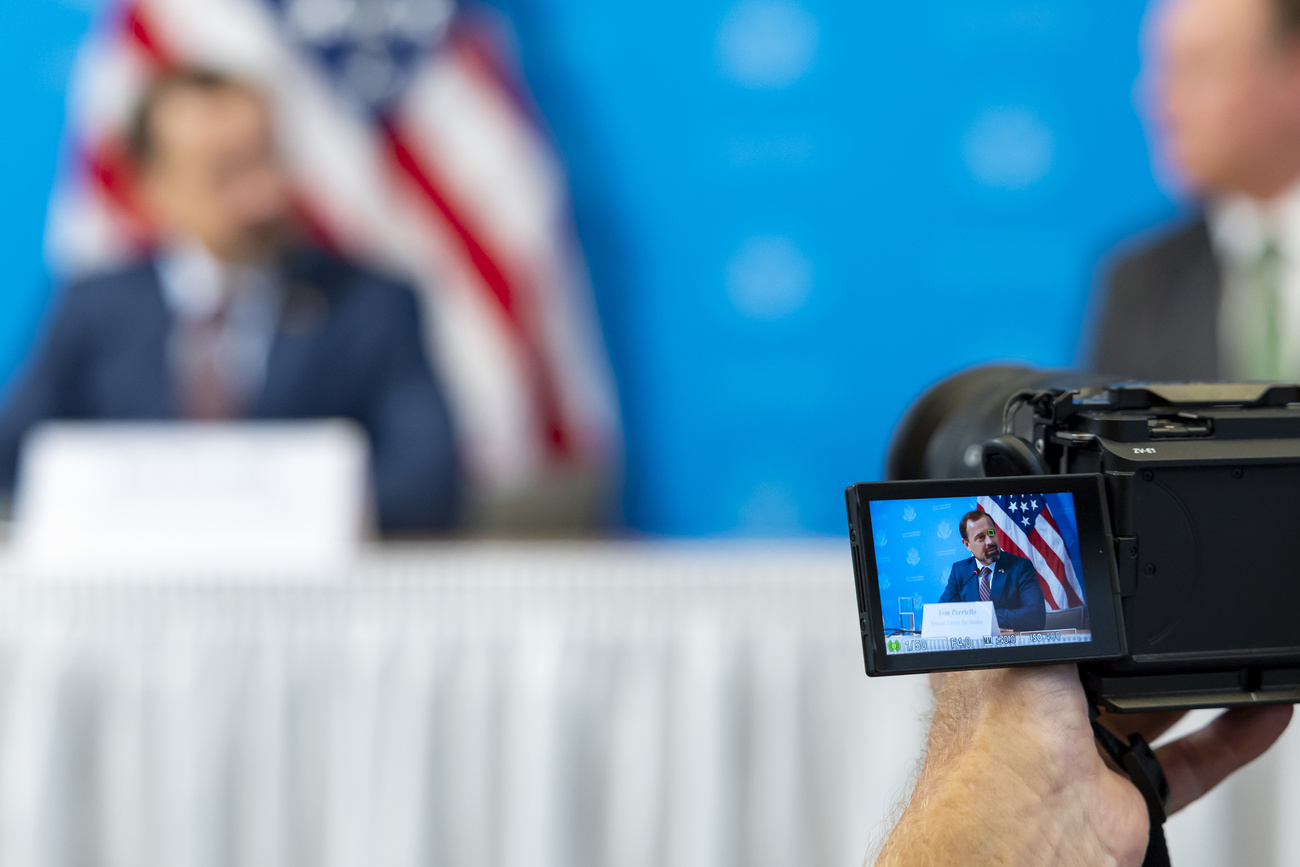
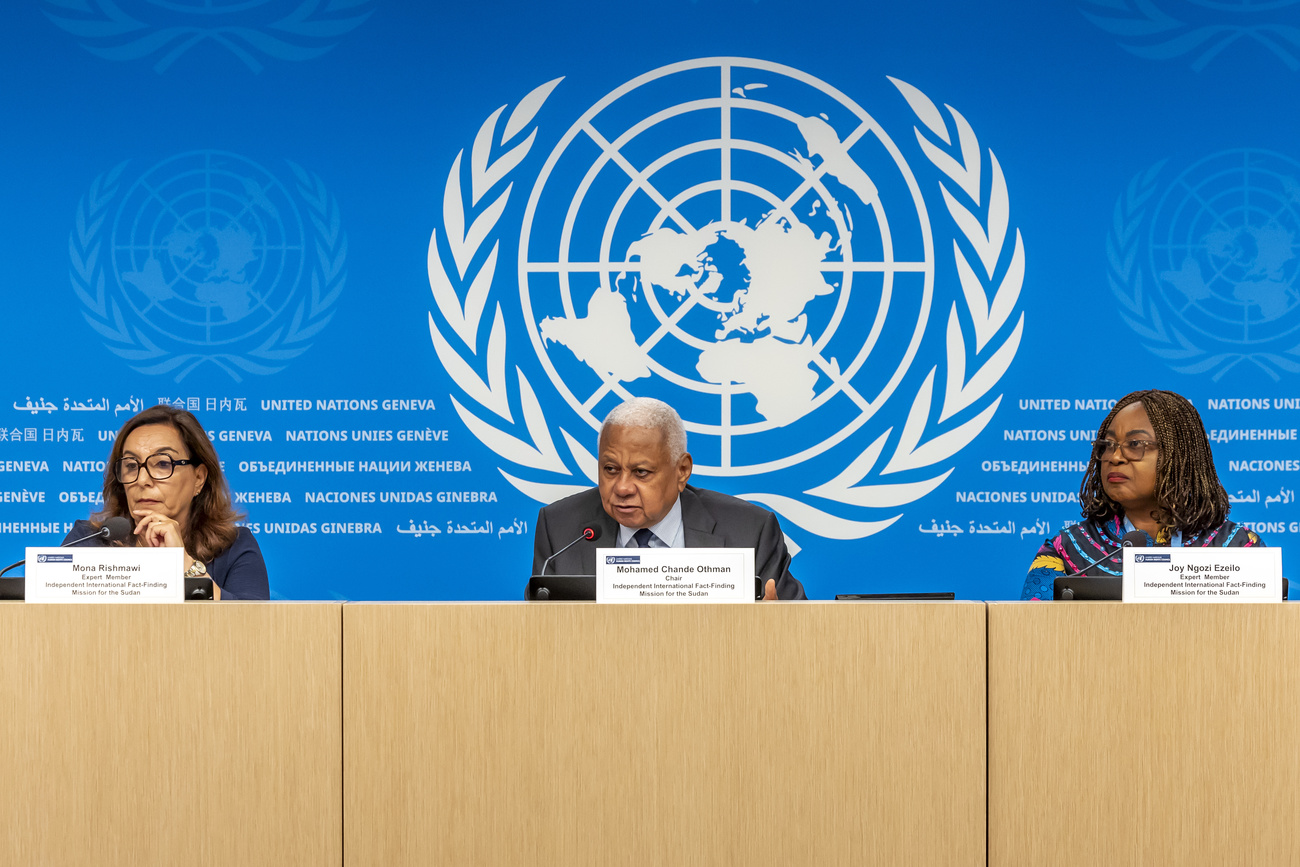
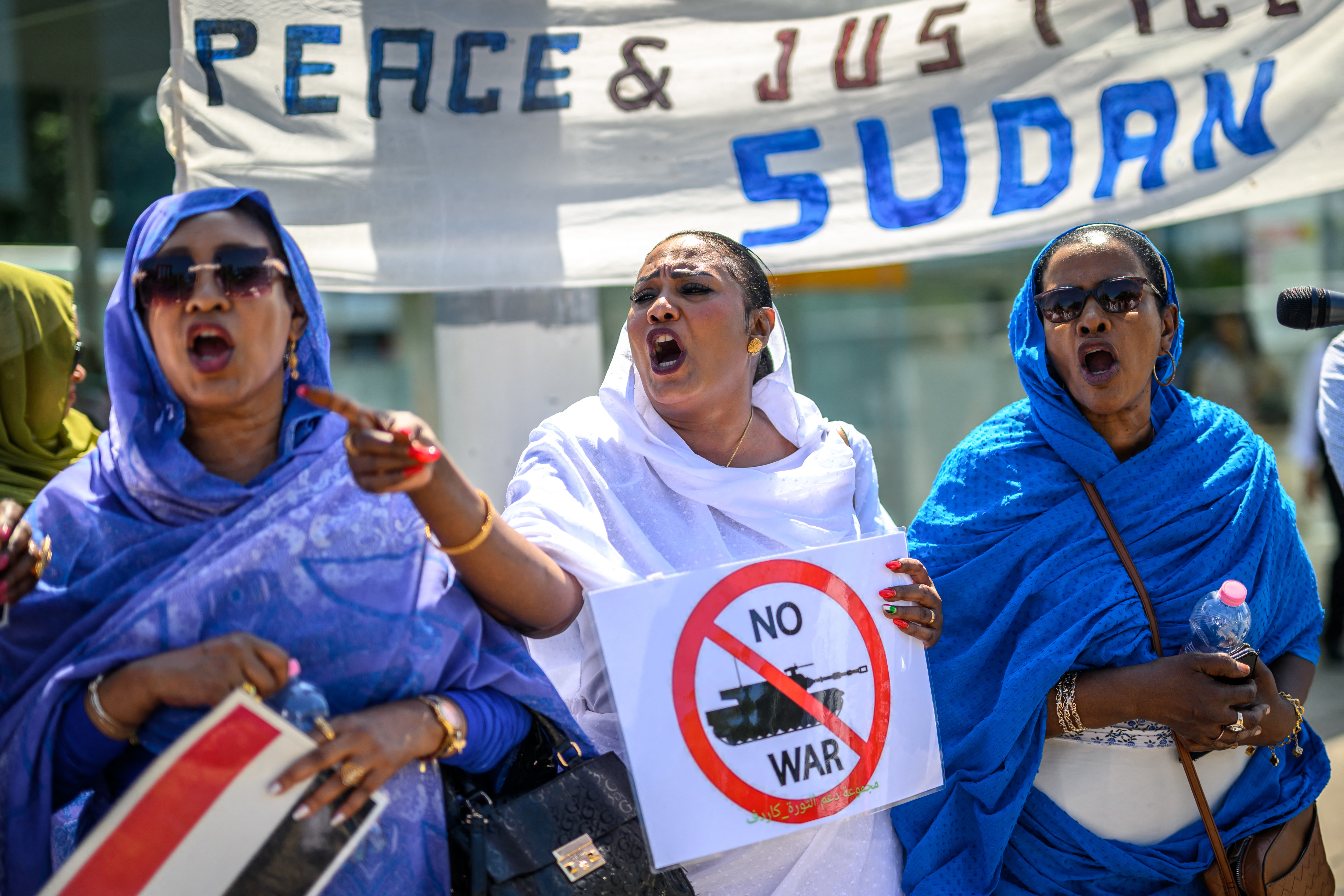


You can find an overview of ongoing debates with our journalists here . Please join us!
If you want to start a conversation about a topic raised in this article or want to report factual errors, email us at english@swissinfo.ch.